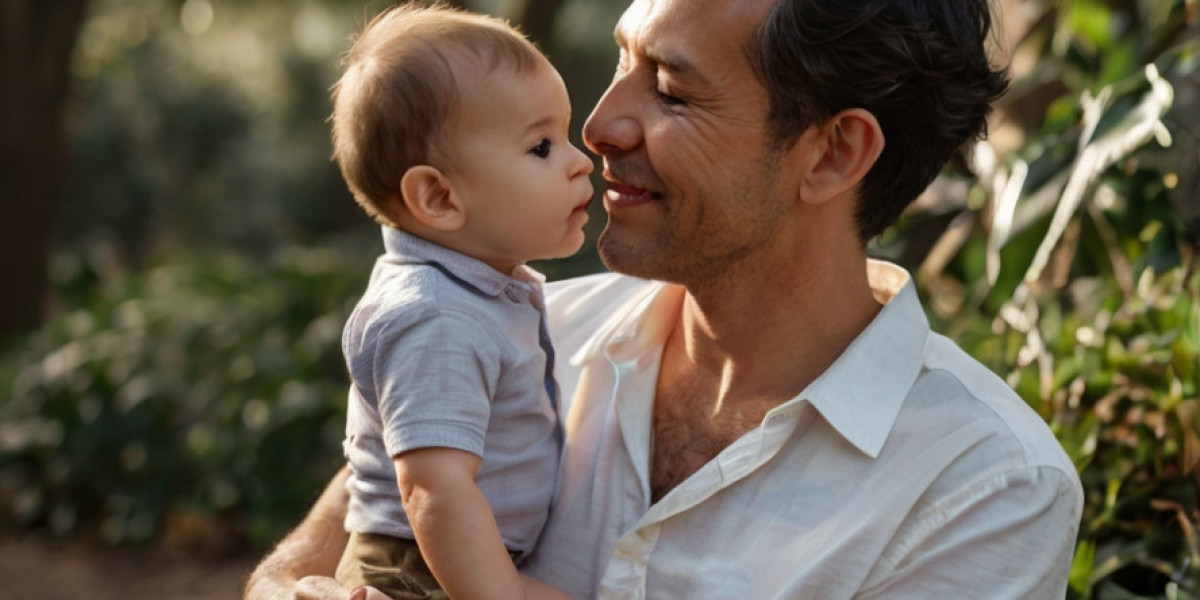1. Introduction to Developmental Milestones
Developmental milestones are specific functional skills or age-specific tasks that most children can perform within a certain age range. These milestones can be categorized into several domains, including motor skills, language and communication skills, cognitive skills, and social-emotional skills. Monitoring these milestones helps parents identify areas where their baby may be excelling or may require additional support.
2. Physical Development Milestones
Birth to 3 Months
- Reflexes: Newborns exhibit reflexes such as the rooting reflex, which helps them suck when feeding, and the grasp reflex, allowing them to hold onto objects placed in their hands.
- Head Control: By around 2 months, babies typically start to control their head movements, lifting their heads to 45 degrees while lying on their stomach.
4 to 6 Months
- Rolling Over: Babies usually roll over from tummy to back by 4 months, and by 6 months, they often roll from back to front.
- Sitting Up: Sitting with support and then independently is a common milestone around 6 months.
- Reaching and Grasping: Fine motor skills begin to develop, allowing babies to reach for and grasp toys.
7 to 12 Months
- Crawling: Most babies start crawling between 7 and 10 months, marking significant mobility progress.
- Pulling Up: By 9 months, Toddler discipline tips - click this, babies may pull themselves up to stand, often leading to cruising along furniture.
- Walking: Many babies take their first independent steps between 9 to 15 months.
13 to 24 Months
- Walking Proficiency: By 15 months, most toddlers can walk well and may even start running.
- Climbing: Climbing onto objects becomes common, indicating increased strength and coordination.
- Kicking: Around 18 months, toddlers can start to kick balls and begin to develop more complex movements.
3. Cognitive Development Milestones
Birth to 3 Months
- Visual Tracking: Newborns can focus and track objects with their eyes, demonstrating early visual cognition.
- Alertness: Babies become more alert and responsive to sounds and movements by 2-3 months.
4 to 6 Months
- Exploration: Curiosity leads babies to explore their surroundings using their senses, particularly through mouthing objects.
- Object Permanence: Around 6 months, babies begin to understand that objects continue to exist even when out of sight.
7 to 12 Months
- Cause and Effect: Babies start to understand the relationship between their actions and their outcomes, such as shaking a rattle to make noise.
- Problem-Solving: They engage in simple problem-solving, such as figuring out how to reach a toy that is out of reach.
13 to 24 Months
- Imitation: Toddlers begin to imitate actions and sounds, which is crucial for learning.
- Basic Concepts: Simple understanding of concepts like "up" and "down" emerges, and many toddlers respond to simple instructions.
4. Language and Communication Development Milestones
Birth to 3 Months
- Cooing: Around 2 months, babies begin cooing, making soft vowel sounds.
- Listening: Infants become more attuned to sounds and may turn their heads in response to voices.
4 to 6 Months
- Babbling: By 4-6 months, babies begin to babble, combining consonants and vowels (e.g., "ba-ba" or "da-da").
- Vocalization: They express emotions through babbling and various sounds.
7 to 12 Months
- First Words: Many babies say their first words, typically by their first birthday.
- Understanding Simple Words: By 12 months, babies can understand simple words like "no" and "bye-bye."
13 to 24 Months
- Vocabulary Growth: Vocabulary expands quickly; toddlers may know between 50 to 100 words by 18 months.
- Two-Word Phrases: By 24 months, many toddlers can form simple two-word phrases like "more juice" or "mommy help."
5. Social and Emotional Development Milestones
Birth to 3 Months
- Social Smiles: Babies begin to smile socially around 6 weeks, indicating early communication.
- Expressing Needs: They may cry to express basic needs such as hunger or discomfort.
4 to 6 Months
- Recognizing Familiar Faces: Babies can distinguish between familiar and unfamiliar faces, becoming more attached to their caregivers.
- Playfulness: They enjoy interactive games like peek-a-boo.
7 to 12 Months
- Separation Anxiety: Around 8-9 months, many babies display separation anxiety when a caregiver leaves.
- Expressing Emotions: Babies begin showing a range of emotions, including joy, anger, and frustration.
13 to 24 Months
- Independence: Toddlers assert their independence, often saying "no" to express preferences.
- Parallel Play: They start engaging in parallel play, where they play alongside other children, but not directly with them.
6. Supporting Baby Development
Creating an Enabling Environment
- Safe Exploration: Ensure the baby has a safe space to explore and move around.
- Tummy Time: Encourage tummy time from a young age to strengthen neck and shoulder muscles.
- Interactive Play: Engage in interactive play and talk to your baby to nurture social and language skills.
Monitoring Milestones
- Regular Check-ups: Schedule regular pediatric visits to monitor the baby’s development.
- Be Observant: Parents should watch for potential delays in reaching milestones and consult professionals if they have concerns.
Responding to Needs
- Responsive Parenting: Responding to a baby's cues, whether they're hungry or need comfort, promotes a strong attachment.
- Encouragement and Praise: Provide encouragement when the baby achieves milestones, fostering confidence and motivation.
7. Conclusion
Understanding and tracking baby development milestones is essential for promoting healthy growth and responding to individual needs. Each baby develops at their own pace, and while there are general timelines for milestones, variability is entirely normal. Parents and caregivers play a vital role in facilitating their baby’s development through nurturing, interaction, and creating a stimulating and safe environment. By staying informed and engaged, families can ensure their little ones reach their full potential as they grow and explore the world around them.




